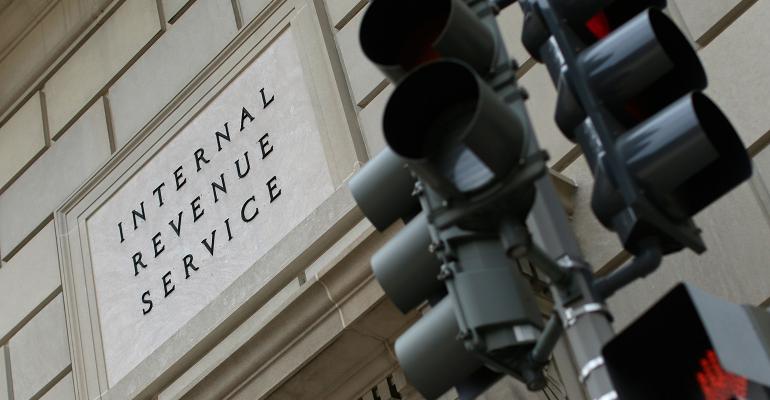The Internal Revenue Service is in hot water again, this time over its lax fast-track system responsible for approving fraudulent charities. The new system was put in place to deal with the backlogs and budget cuts plaguing the agency, replacing what was an onerous and expensive process to get tax exempt status for a charity. Despite seemingly having the right intentions in mind to simplify the process, the IRS’ lax vetting of applicants using its new simplified application process, particularly Form 1023-EZ, has unleashed rampant fraud.
As uncovered in a recent New York Times article, one such scheme involved a convicted stock market fraudster, Ian Hosang, who was able to apply and receive IRS approval for 76 fake charities using names of seemingly legitimate-sounding nonprofits, such as the “American Cancer Society of Michigan.” Despite plenty of red flags, one of them being that these supposed nonprofits all used the same address in Staten Island, N.Y., Hosang was able to fly under the radar. The fraudulent charities had even caught the attention of the American Cancer Society itself, which tried to warn the IRS of the imposter.
What was designed to move along applications for tax exempt status has now turned into a free-for-all, with IRS statistics showing that only one application in 2,400 gets denied. Even without the fast-track system, the process of obtaining tax exempt status was always somewhat flawed, in that the tax law doesn’t prohibit the use of sound-alike names of well-known charities, nor is there a system in place to check for a history of fraud. However, in the past, IRS examiners who suspected fraudulent intentions were able to deter or slow down the applicant by requesting more information, such as financial records or information about the charity’s officers.
Hosang, who is accused of stealing $152,000 in donations, was in part successful with minimal effort on his part because donors often rely on lists of IRS-certified Internal Revenue Code Section 501(c)(3) charities when choosing which organizations to support. Section 501(c)(3) status provides a veil of legitimacy, and the IRS should arguably be as much to blame for its lax vetting as the schemers themselves.
The case at hand indicates that the IRS needs to do a better job at figuring out how to balance alleviating the burden that was imposed on smaller startup charities by the more rigorous application process in the past with having the proper protocols in place to prevent fraudsters from taking advantage of the system. In an attempt to get answers as to how something like this case could happen, House Ways and Means Oversight Subcommittee Chairman Bill Pascrell, D-N.J., recently sent a letter to outgoing IRS Commissioner Chuck Rettig asking him to, among other things, detail the procedures for processing the 1023-EZ forms, which the IRS is yet to answer.





